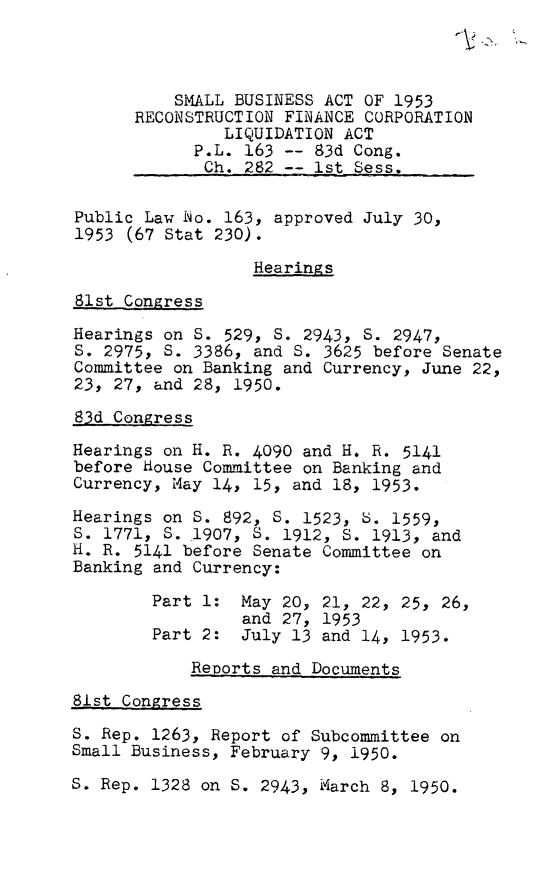The Clayton Antitrust Act was passed to complement and solve issues that were not addressed in the Sherman Antitrust act. Clayton focused on more so on price fixing and manipulation and other unethical business practices. Created by Henry Clayton of Alabama, it was used to prevent the aforementioned measures that lead to trust-like behaviors. The act determined that price changes could be only used due to changes in quality of a good. The act deemed boycotts, unions, and strikes as legal. This act was more specific and proactive than Sherman, making it a good complement.

Henry Clayton

The small business act of 1953 ensured that the government would also encourage competition.

Henry Clayton

The small business act of 1953 ensured that the government would also encourage competition.
Comments
Post a Comment